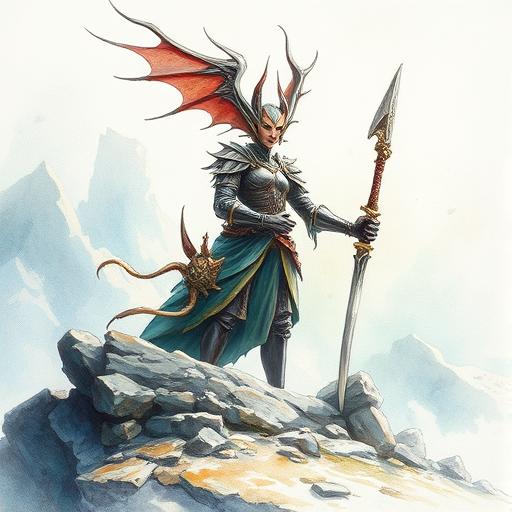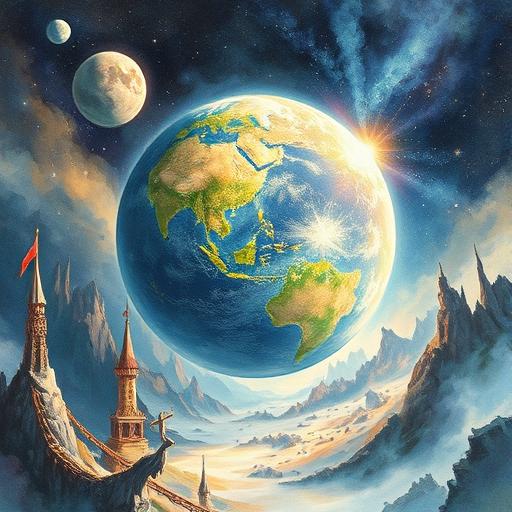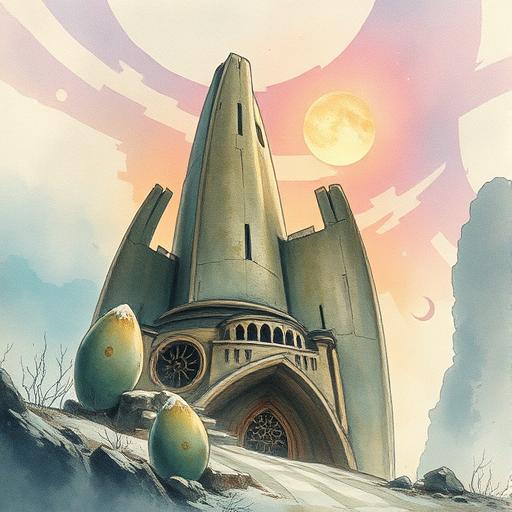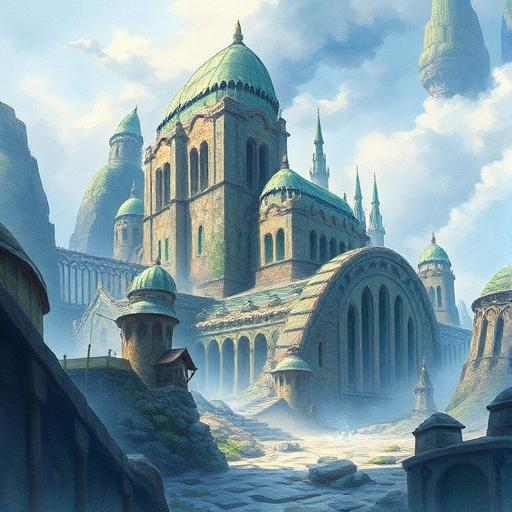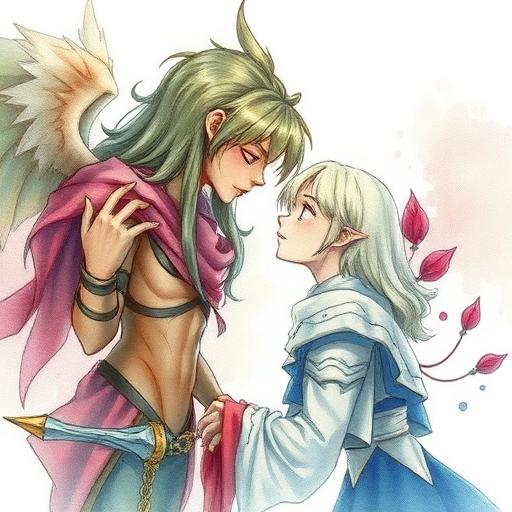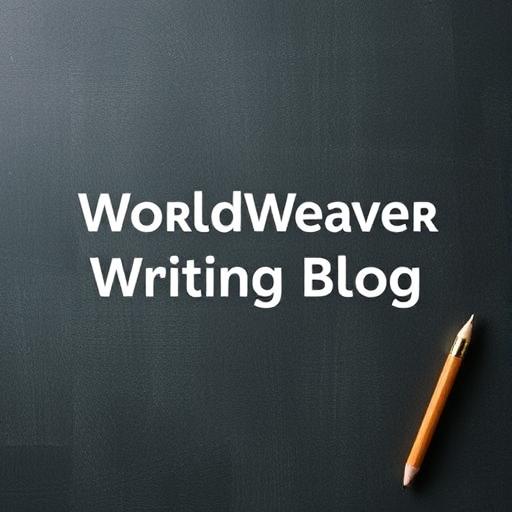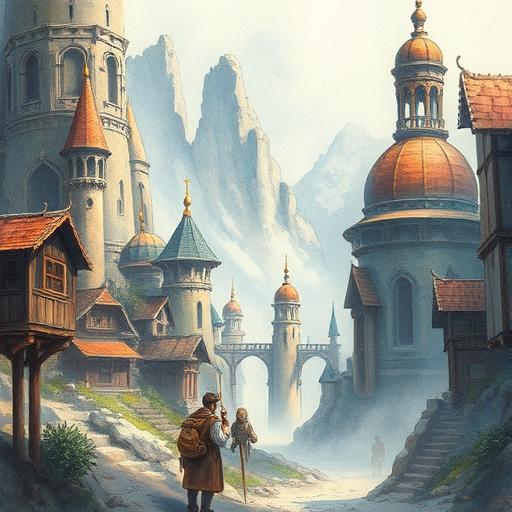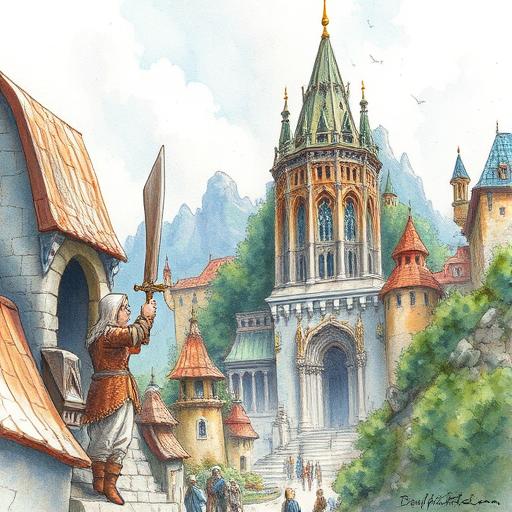How to Write for Beginners: A Comprehensive Guide to Worldbuilding and Writing
This article provides a step-by-step guide for beginner writers to improve their writing skills, focusing on worldbuilding techniques and storytelling strategies, with expert advice and real-world examples. Whether you're a novice writer or a seasoned author, this guide will help you refine your craft and create immersive stories.
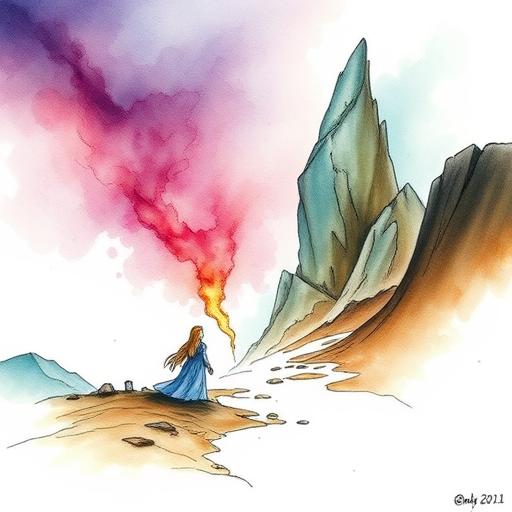
Introduction to Writing
Writing is a skill that takes time and practice to develop. As a beginner writer, it's essential to start with the basics and build your way up. One of the most critical aspects of writing is worldbuilding, which involves creating a rich, immersive environment for your story to unfold. To learn more about worldbuilding, check out our article on world planet writing different stories, which explores the art of crafting unique and compelling worlds.
Setting Up Your Story
Before you begin writing, it's crucial to set up your story. This involves:
- Developing a concept or idea
- Creating a plot outline
- Building your characters
- Establishing the tone and atmosphere of your story A well-crafted story setup will help you stay focused and ensure that your narrative flows smoothly.
Worldbuilding Techniques
Worldbuilding is an integral part of the writing process. It involves creating a detailed and immersive environment for your story to take place. Some key worldbuilding techniques include:
- Developing a geography and climate for your world
- Creating a history and culture for your world
- Establishing rules and laws that govern your world For more advanced worldbuilding techniques, check out our article on how to write for expert, which delves into the nuances of crafting complex and believable worlds.
Crafting Compelling Characters
Characters are the heart of any story. To create compelling characters, you need to:
- Give them unique personalities and motivations
- Develop their backstory and history
- Establish their goals and conflicts Well-crafted characters will help drive your story forward and keep your readers engaged.
The Intersection of Mythology and Worldbuilding
Mythology can be a powerful tool in worldbuilding, allowing you to create rich and immersive stories. By drawing on mythological themes and motifs, you can add depth and complexity to your world. For more on the intersection of mythology and worldbuilding, check out our article on exploring the intersection of mythology and world-building techniques.
Overcoming Writers' Block
Writers' block is a common obstacle that many writers face. To overcome it, try:
- Taking a break and stepping away from your work
- Changing your environment or routine
- Freewriting or brainstorming to get your creative juices flowing Remember, writers' block is a normal part of the writing process, and it's not a reflection of your abilities as a writer.
Revising and Editing
Revising and editing are critical steps in the writing process. They involve:
- Reviewing your work for consistency and coherence
- Making revisions to improve the flow and pacing of your story
- Editing your work for grammar, punctuation, and spelling errors A well-revised and edited manuscript will help you produce a polished and professional final product.
Conclusion
Writing is a skill that takes time and practice to develop. By following these tips and techniques, you can improve your writing skills and create immersive stories that will captivate your readers. Remember to always keep writing, and don't be afraid to experiment and try new things. With dedication and persistence, you can become a skilled writer and worldbuilder, capable of crafting compelling stories that will transport your readers to new and exciting worlds.
Comments
Comments are hidden to save bandwidth. Load them when you want to read or leave one.
